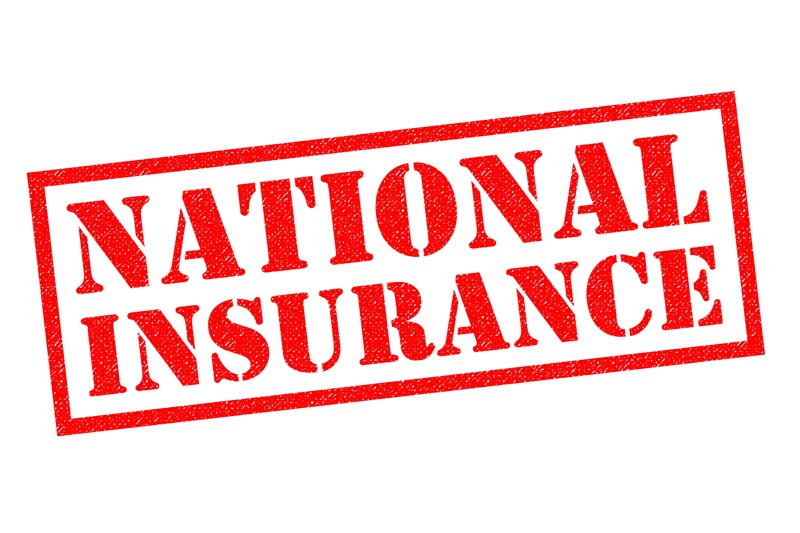We would like to remind our readers that the increases in National Insurance Contributions (NIC) of 1.25% – first announced last year – will take effect from April 2022. These increases will be ring-fenced to provide funding for the NHS, health and social care.
The increases will apply to:
- Class 1 contributions (paid by employees) above the primary and secondary thresholds. This is the NIC that is deducted from your earnings by your employer.
- Secondary Class 1 (paid by employers). Employer's NIC contributions are paid as part of the regular PAYE/NIC payments unless they are covered by the present £4,000 employment allowance.
- Class 4 (paid by self-employed). These contributions are added to your annual Self-Assessment statement.
Employers should ensure that they are prepared for the increase as these changes will increase wage costs from April 2022.
All existing NICs reliefs to support employers will continue to apply. In addition to the employment allowance, this includes the following:
- employees under the age of 21
- apprentices under the age of 25
- qualifying Freeport employees
- armed forces veterans
From April 2023, these increases will be incorporated into a new Levy. The Levy will be administered by HMRC and collected by the current channels for NICs – Pay As You Earn and Income Tax Self-Assessment.
Please note, at the time this article was written there has been significant political pressure in parliament to cancel this increase. We will advise if this challenge results in the withdrawal of the 1.25% increase.




